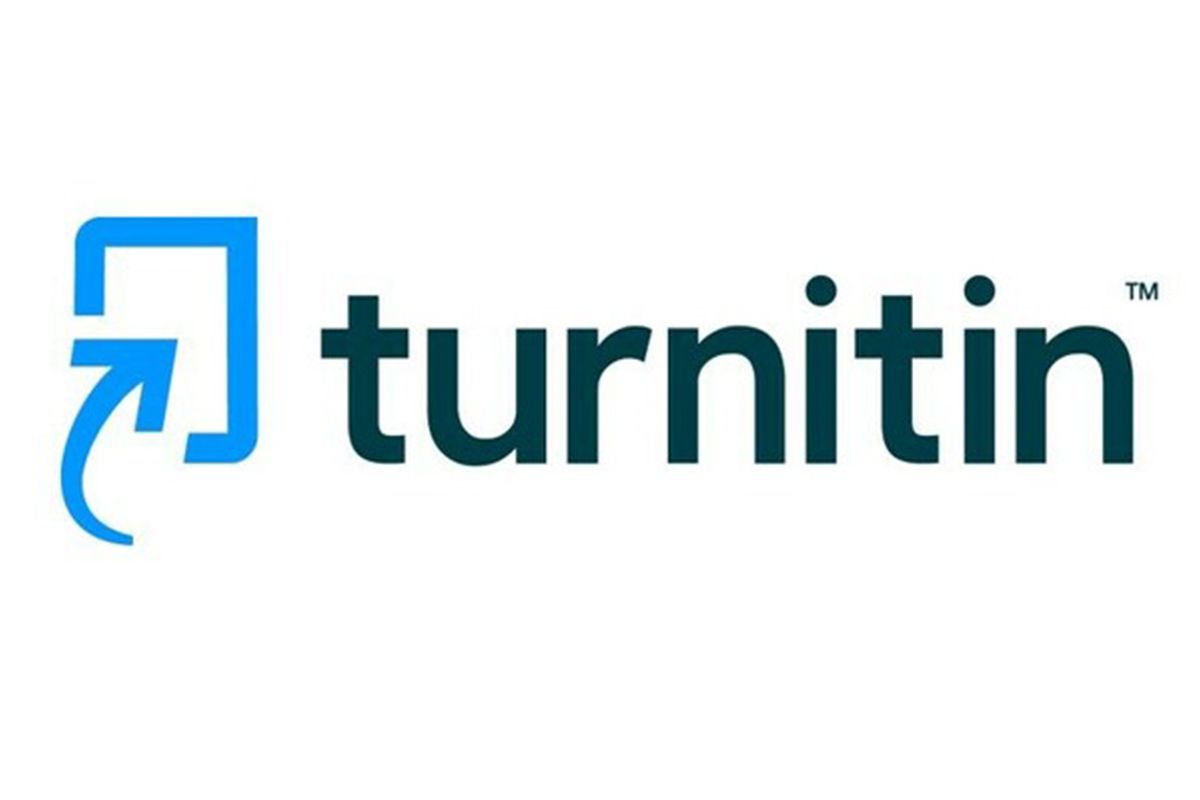Institutional Development as a Government Partner in the Cekat Nyenyek Bersinar Tourism Village Innovation in Tulang Bawang Regency
Keywords:
Village Government, Shining Village, Institutional FormationAbstract
The problems that plague society in Indonesia seem to have never been resolved. One of the problems often encountered is drug abuse. Drug abuse is one of the main problems in Lampung Province and Tulang Bawang Regency with a fairly large young population and a number of areas (villages) classified as dangerous for drugs and on high alert. Based on data from the National Narcotics Agency (BNN) of Lampung Province, overall, 31,000 users in Lampung Province, 30 percent of students are registered as drug users, in addition to 3 private communities and also ASN in the government environment, meaning there are around 2700 students who use drugs in Lampung Province. The aim of the research is to form an institution in the form of a shining village organization which will be a partner of the local government in supervising the community against drug abuse practices. The method used to achieve the objectives of this research is the socialization and mentoring method, in partnership with the DPD Granat Lampung Province. The implementation location is Cekat Nyenyek Village, Menggala, Tulang Bawang Regency, with the target being the village government and MSMEs. The results obtained are increasing the knowledge of the village government and MSME actors and the formation of community leadership as government partners.
References
BNN. (2014). Laporan Akhir: Survei Nasional Perkembangan Penyalahguna Narkoba Tahun Anggaran 2014. Jakarta: Pusat Penelitian Data dan Informasi, Badan Narkotika Nasional Republik Indonesia.
BNN. (2017). Penyalahgunaan Narkoba di 34 Provinsi Tahun 2017. Jakarta: Pusat Penelitian Data dan Informasi, Badan Narkotika Nasional Republik Indonesia.
Eric, Paul. (2017). Socioeconomic Effects of Drug Abuse Among Nigerian Youths. Canadian Social Science, 13(1), 49–53. https://doi.org/10.3968/9072
Muhamad, Simela Victor. (2015a). Kejahatan Transnasional Penyelundupan Narkoba dari Malaysia ke Indonesia: Kasus di Provinsi Kepulauan Riau dan Kalimantan Barat. Politica, 6(1), 42–62.
Muhamad, Simela Victor. (2015b). Diplomasi Anti-Narkoba. Info Singkat, 7(05), 5–8.
UNODC. (2013). World Drug Report 2013 (United Nations publication, Sales No. E.13.XI.6). Vienna, Austria: United Nations Office on Drugs and Crime.
UNODC. (2016). World Drug Report 2016: Executive Summary. Vienna, Austria: United Nations Office on Drugs and Crime.
United Nations. (2020). World Drug Report 2020. Vienna: United Nations Office on Drugs and Crime (UNODC).
UNODC. (2021). UNODC Strategy 2021–2025. New York: United Nations.
UNODC. (n.d.). Transnational Organized Crime – The Globalized Illegal Economy. In Facts.
Downloads
Published
Issue
Section
License
Copyright (c) 2025 Jurnal Pengabdian Masyarakat (JPM) Terekam Jejak

This work is licensed under a Creative Commons Attribution-NonCommercial 4.0 International License.





